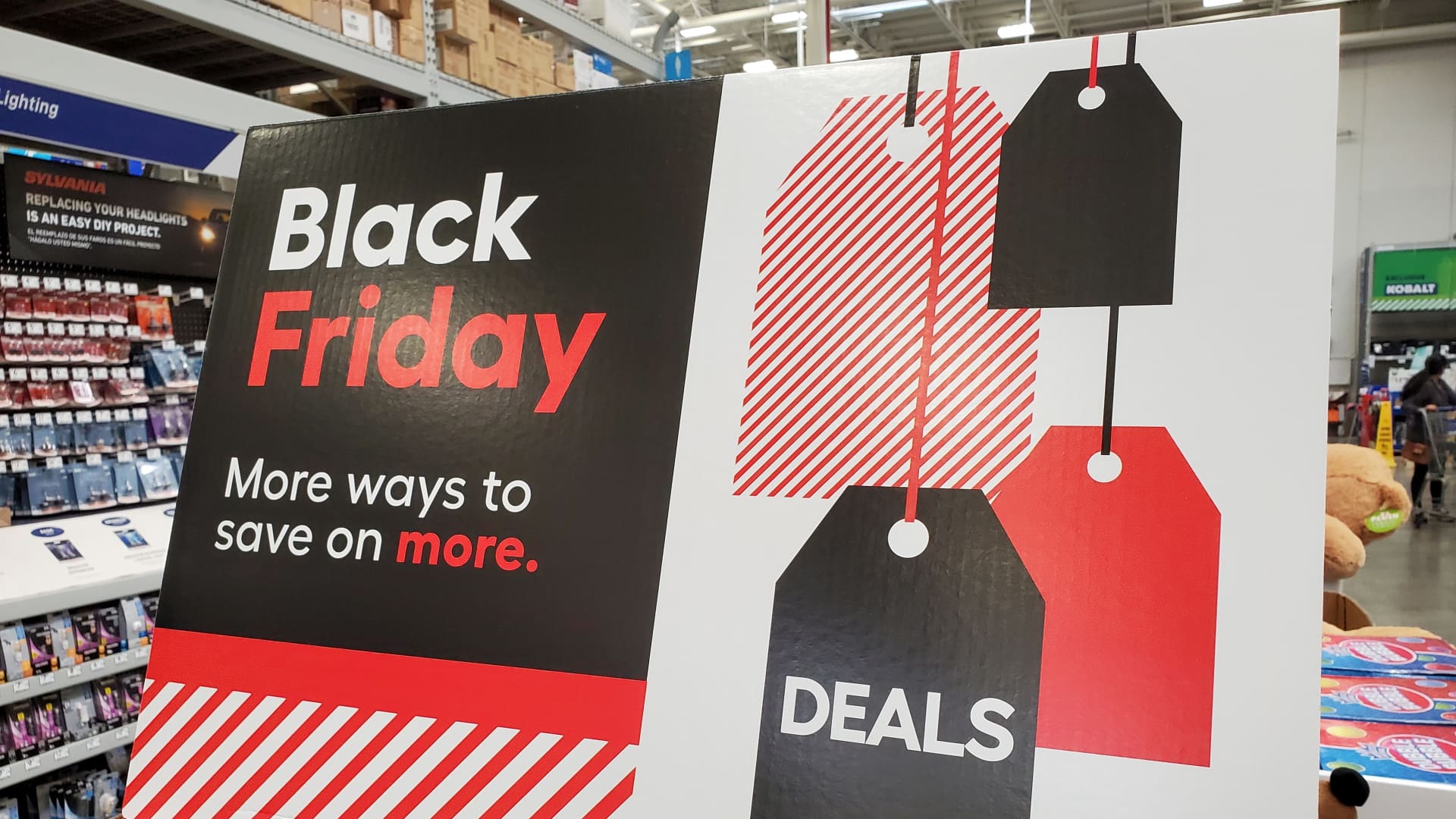
London-listed retailers Frasers Group and Next are two clothing retailers that will “dominate” the sector during a recession, according to a veteran Schroders fund manager. Andrew Brough, who runs the Schroder UK Mid Cap Fund, said the two conservatively run companies are well placed to expand and take market share during a downturn through acquisitions. Next, run by chief executive Simon Wolfson since 2001, acquired upmarket retailer Joules and online furniture retailer Made.com during bankruptcy proceedings this month for a total of £37.4 million ($45.90 million). Made.com was floated on the public markets in early 2021 at a £775 million valuation. Frasers Group, previously known as Sports Direct and founded by billionaire Mike Ashley, has also snapped up companies in the past month at rock-bottom prices, including luxury homeware brand Amara.com and the 250-year-old tailor Gieves & Hawkes. Brough said Frasers is “without a doubt, in my view, a top retailer.” “[Frasers] and Next are going to dominate that particular clothing space,” he added. Brough believes some companies have grown at breakneck speed with unsustainable acquisitions during the past decade. Such companies, he said, are at risk of failing in a high interest-rate environment and becoming takeover opportunities for their better-run peers. “At the end of the day, we prefer organic growth, or if you’re going to make acquisitions, then you take the Mike Ashley or Simon Wolfson approach where you buy cheaply off the [bankruptcy] administrator,” Brough said. “But there are too many who’ve made acquisitions and then just blown up.” Shares of Frasers Group have risen by 30.6% over the past year, outperforming the FTSE 350 general retailers index, which has fallen by 29.3% over the same period. Frasers Group is Brough’s largest holding, making up 6.7% of his fund. The fund manager, who oversees over £740 million ($900 million) in assets, also said the retailers would benefit from the U.K. pound’s appreciation against the U.S. dollar, as a large proportion of their input costs — such as the clothing they buy from suppliers in Asia — are priced in dollars. With sterling rising by 17% from its all-time low in late September to $1.22 on Friday, the companies will benefit from the rise in purchasing power. “The retailers who have run their businesses really tightly are now benefiting from Sterling [rising] back to $1.22, and probably on its way to $1.30,” Brough said. Brough, who’s run his fund for 23 years, said he was more optimistic than others about the U.K.’s economy over the near term. “I’m very reasonably positive about the market. I think next year, we’re going to be surprised at how resilient the U.K. economy is,” he added.
